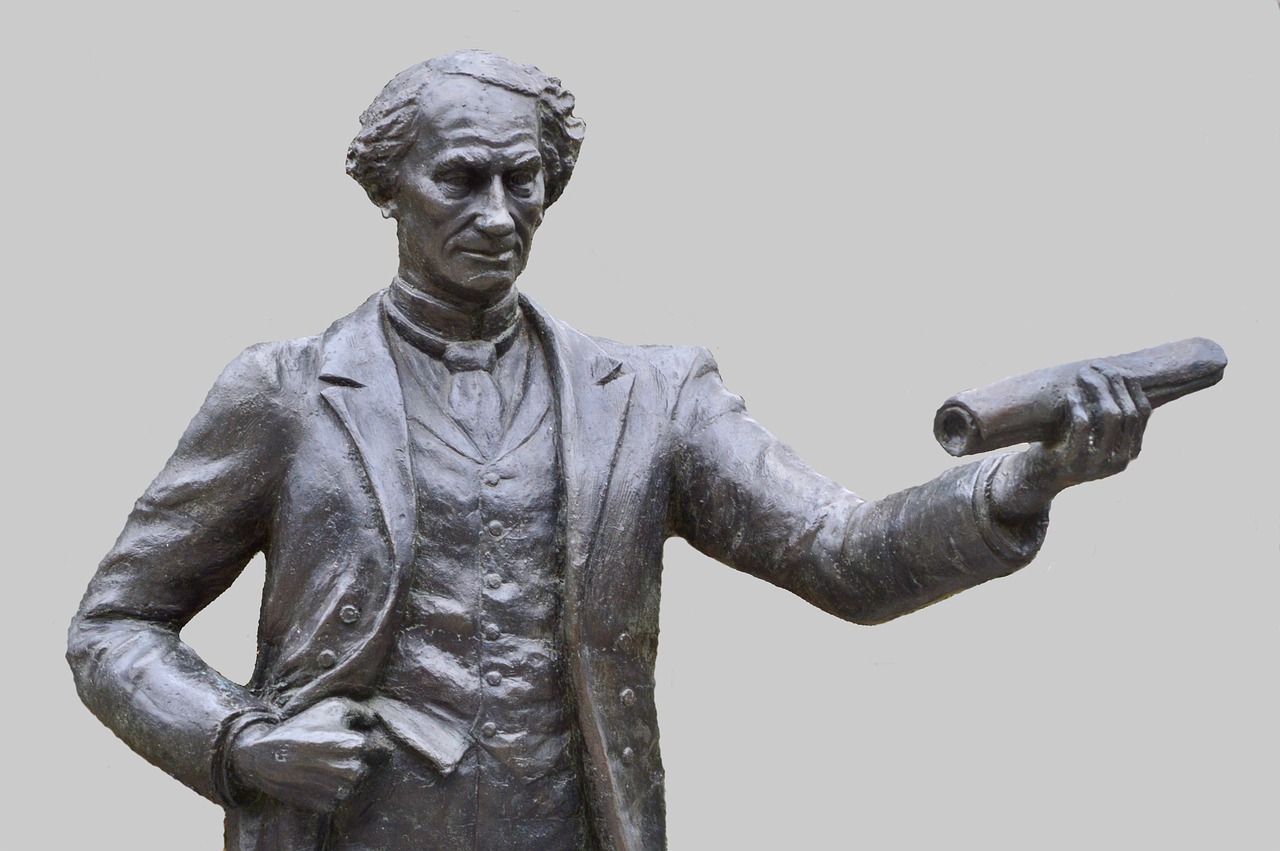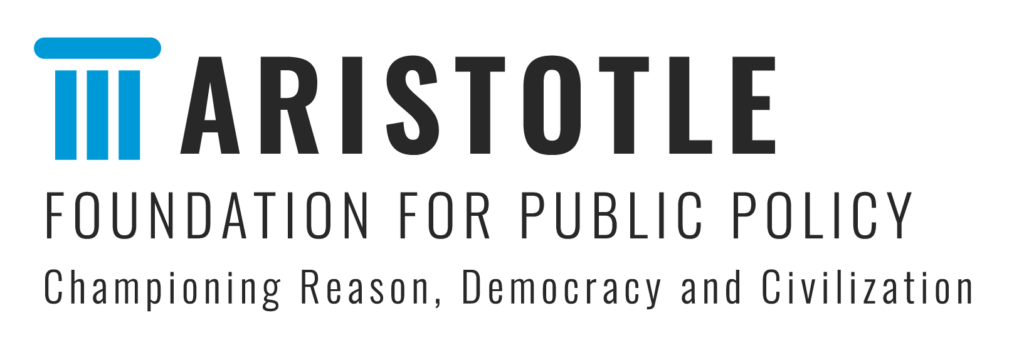
Critical theory, postmodernism, social justice and critical race theory have morphed into the dominant ideology
Bruce Pardy, National Post, June 24, 2023
Modern Western civilization grew out of the Enlightenment of the 17th and 18th centuries. The ascendancy of reason in human affairs produced the scientific method and later the Industrial Revolution. Add in the rule of law, individual liberty, private property and capitalism, and you have the basic recipe that has raised much of humanity out of poverty and oppression over two centuries.
Four academic doctrines — critical theory, postmodernism, social justice and critical race theory — are moving the world, or at least the West, from this triumph to decline. These doctrines reject Enlightenment values such as open inquiry, individual autonomy, free speech, scientific skepticism and even reason itself. They claim to champion equality, peace and social cooperation, but instead promote identity politics, elitism and centralized control. They are the four doctrines of the apocalypse.
Unlike traditional academic inquiry, these “neo-Marxist” doctrines are less theories than programs. They are activist and political. “The philosophers have hitherto only interpreted the world in various ways,” Marx famously wrote. “The point, however, is to change it.” Critical theory is not to be confused with critical thinking, for to think critically is to reason, explain, critique and challenge. Instead, the purpose of these doctrines is to condemn. They largely consist of ideological assertions not based on data or deduction. They lead with their conclusions.
Critical theory and its related fields do not constitute a singular school of thought but a scholarly umbrella that consists of multiple related approaches and variations that defy easy encapsulation. Its history is messy and convoluted. Its scholarship can be verbose, incoherent and sometimes impenetrable, while much of its original intellectual project has been overtaken by its modern activist incarnation. Critical theory is attractive to cultural revolutionaries in part because it is difficult to pin down, like trying to staple jelly to a wall.
Yet these doctrines have become the intellectual foundation for the ascendant ideology of our time, woke progressivism, which is severe, uncompromising and vengeful. Their commandments have become Canada’s secular religion, whose apostles sneer at the foundations of their own society. Cultural contrition has become ubiquitous: Canada is systemically racist. White people are privileged. The nuclear family is misogynist. Capitalism is oppressive. Private property rights cause environmental destruction. Prosperity produces climate change.
The premises of these four doctrines define the ethos now dominant in major public institutions: government, legacy media, universities, big corporations, public schools, public health authorities, law enforcement, professional regulators and, increasingly, courts. Yet many people are unfamiliar with critical theory, would not be able to identify these doctrines by name and do not realize that they are following their prescriptions. Cultural revolution is complete when the new way of thinking simply becomes the way people think. The most serious threat to the West is not China or Russia but cultural self-hate. No coup is more effective than one committed by a people against itself.
It all starts with Marx. Between the two world wars, scholars at the Institute for Social Research at the University of Frankfurt began to investigate why Marxism was failing to catch on in the West. They broadened Marx’s tight focus on economic oppression of the working class and developed the doctrine known as critical theory, which is premised on the ideas that power and oppression define relationships throughout society, that knowledge is socially contingent and that unjust Western institutions should be collapsed and reconstituted.
In the decades following its birth at the Frankfurt School, critical theory and its variations made an inexorable march through universities, influencing such disparate disciplines as sociology, literary criticism and linguistics, infiltrating professional schools like teachers’ colleges and law schools and dominating “grievance studies” programs such as women’s studies, gender studies and media studies. Today its reach extends to virtually every field in the arts and social sciences, and its final conquest is now underway inside science, technology, engineering and medical faculties.
Generations of university graduates, taught to believe in the premises of critical theory rather than how to think critically about it, now populate the workplace. In the universities themselves, job offers and research grants are now reserved for those who comport with critical theory’s prescriptions, narrowing the range of acceptable thought and stifling open inquiry. The new order has been established as the ascendant status quo.
As political tools, critical theory and its variations are brilliant. Any challenge to their legitimacy can be interpreted as a demonstration of their thesis: the assertion of reason, logic and evidence is a manifestation of privilege and power. Thus, any challenger risks the stigma of a bigoted oppressor. James Lindsay, an independent American critic of critical theory and social justice, calls critical theory a “kafkatrap.” “Notice race? Because you’re racist. Don’t? Because you’re privileged, thus racist.” If you deny that you are a witch, then you are a witch. And if you do not deny it, then you are a witch for sure.
Pointing out that critical theory makes no sense misses the point: making sense is Western and privileged.
Double standards on speech and conduct are baked into our current political order. Burning churches and blocking railways are blows in support of social justice, but peacefully protesting vaccine mandates constitutes a public order emergency. Defying pandemic lockdown rules is a threat to public safety when parishioners gather for church services in parking lots, but not when thousands gather for Black Lives Matter marches. The federal government vilifies law abiding gun owners while it eliminates minimum sentences for gun crimes. The hypocrisy of our authorities is no accident. Their choices are deliberate and calculated.
This uneven treatment, according to James Lindsay, is rooted in a single 1965 essay by critical theory philosopher Herbert Marcuse called ”Repressive Tolerance,” whose theme Lindsay encapsulates in one sentence: “movements from the left must be extended tolerance, even when they are violent, while movements from the right must not be tolerated, including suppressing them by violence.”
This is the world we now inhabit. If you are not on board with the prevailing program, your speech and behaviour must be crushed. Intolerance should extend to actions as well as to expression.
Once upon a time, when they were cultural mavericks, liberals championed free speech. Establishment conservatives were the censors, urging limits on obscenity, blasphemy and communist propaganda. In a free society, went the liberal argument, all must be able to express ideas and opinions no matter who has the reins of power. Freedom of expression protected the dissenter, the rebel and the heretic from the orthodoxy of the prevailing view. Now the shoe is on the other foot. With the help of critical theory and its related doctrines, liberalism has morphed into the dominant ideology of woke progressivism and free speech is no longer needed to protect the left, whose sensibilities now prevail. It turns out that progressives were less interested in the principle of free speech than in promoting their own values.
Bruce Pardy is a professor of law at Queen’s University and the executive director of Rights Probe. This chapter excerpt is from the Aristotle Foundation’s new book, The 1867 Project: Why Canada Should be Cherished—Not Cancelled, edited by Mark Milke.
Like our work? Think more Canadians should see the facts? Please consider making a donation to the Aristotle Foundation.

The logo and text are signs that each alone and in combination are being used as unregistered trademarks owned by the Aristotle Foundation. All rights reserved.
SUBSCRIBE TO OUR NEWSLETTER
SUBSCRIBE TO OUR NEWSLETTER

are signs that are each alone and in combination are being used as unregistered trademarks owned by the Aristotle Foundation. All rights reserved.
SUBSCRIBE TO OUR NEWSLETTER

SUBSCRIBE TO OUR NEWSLETTER
